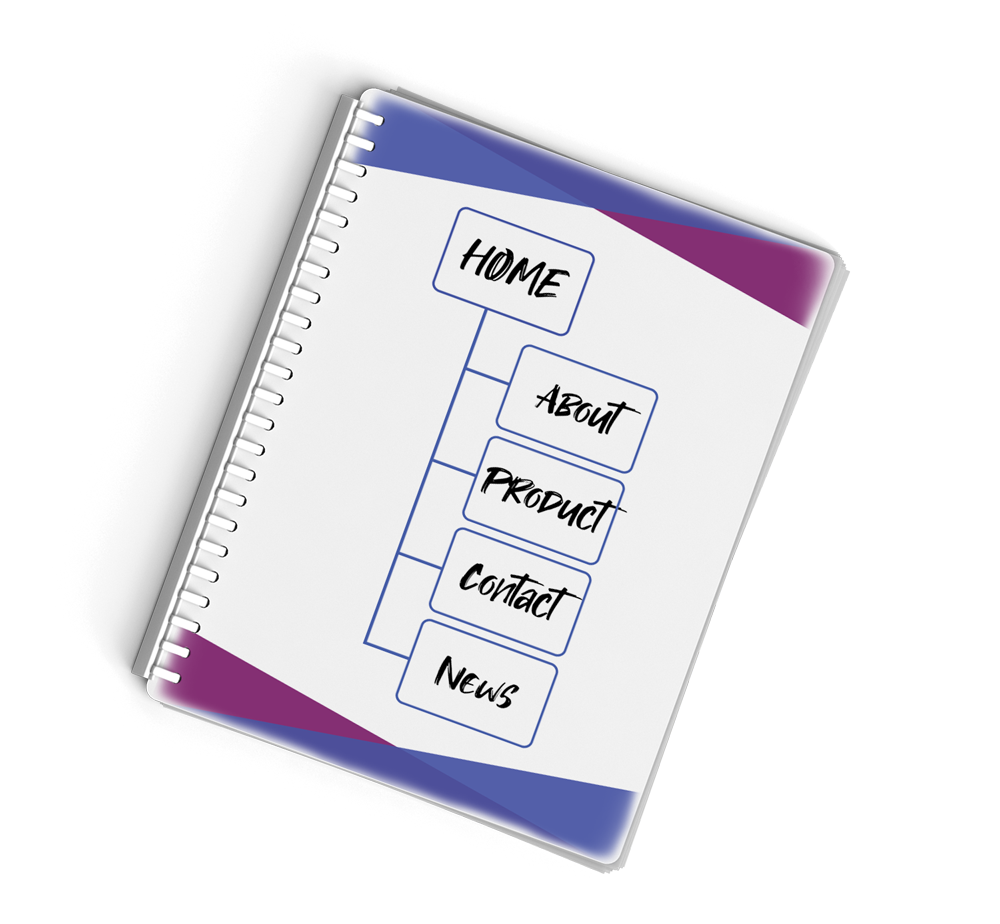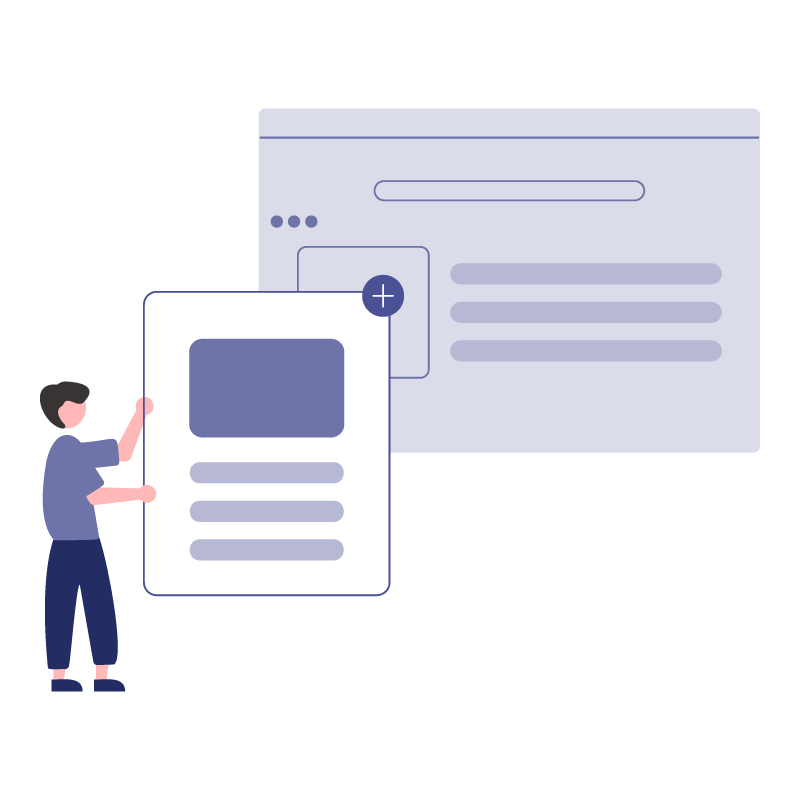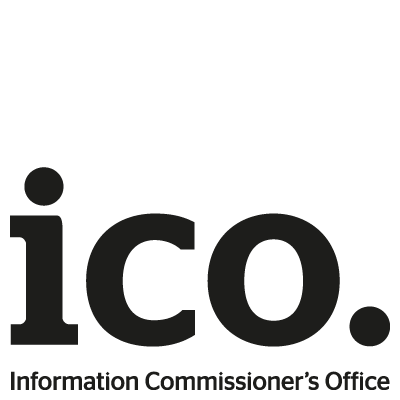
Grow your business online with an eye-catching website and engaging digital marketing.
When people want information about anything, they surf the internet first. So whatever your organisation does, good web development is essential for making a great first impression.
We’ve got what you need to stand out with a custom website. You’ll always know what to expect with our transparent pricing and great customer service. So let’s bring your online business to life, by working together.
CUSTOM WEBSITES DESIGNED JUST FOR YOU.
Get a Free Quote Today.
Instead of forcing square pegs into round templates, we build websites around your needs. Considering what works best, and with one eye on your objectives, we’ll guide you through a collaborative process that develops around your style.
Any type of website.
Beautifully optimised.
Beautifully functional.
Affordable prices starting from £500 +VAT

BEAUTIFULLY OPTIMISED
Your website will have a responsive layout that automatically adjusts to seamlessly make everything look great on any device.
We optimise every website for search engines. So you’ll start being found for keywords that best describe your business straight away.
Perfectly Responsive
SEO Ready
Speedy Loading
No one likes a slow loading website! So we always carefully balance attractive designs with quick load times for the best user experience.
BEAUTIFULLY FUNCTIONAL
We develop around a standardised content management system that helps engage visitors and future proofs your website for further development.
Every website is built e-commerce ready. So it’s easy to start trading online with secure payment gateways and inventory managed shops.
Content Management
E-Commerce Ready
Business Integrations
Based on your requirements we can seamlessly integrate your website with other business processes by incorporating useful plugins and APIs

FREE HOSTING & MANAGEMENT
Included With Every New Website.
When you commission us to build your new website, you’ll get free hosting and domain management for a year. It’s worth more than £240 and there’s no catch. So if you want to leave at any point, then you can.
SECURE HOSTING PACKAGES
WEB MANAGEMENT SERVICES
You’re Never on Your Own When We’re on Your Team.
When you subscribe to one of our management packages, you can rely on us to take care of the heavy lifting. Which means you’ll get exactly what you need to operate the latest digital marketing strategies in your business, without disappearing down a hole.

Avoid time sapping tech frustration and prevent digital nightmares by leaving the technical stuff to us for regular maintenance, disaster prevention and recovery.
Depend on us to manage your website. We'll attract new vistors with content marketing, whilst continuously optimising everything to rank organically on search engines.
We build marketing automations, manage digital campaigns and provide analytics that help you build an audience, engage with visitors and convert them into customers.

LEARN TO OPERATE YOUR OWN WEBSITE!
Get 1-2-1 Coaching & Support.
We teach empowering digital skills that free our clients from external dependency. Quickly learn how to post fresh, search engine optimised content and operate independently online.
FREQUENT QUESTIONS ABOUT WEB DEVELOPMENT
Understanding Internet Cookies.
Internet cookies, also known as web or browser cookies, are small pieces of data that are stored on your computer or mobile device. They are saved on your device by the websites that you visit, this is so they can be used to tailor your online experience. Rest assured they’re not harmful and they don’t carry viruses or malware.
Types of Cookies Online.
There are two main types of cookies online and its useful to be aware of how they are used, so that you can make informed decisions about your privacy. You can choose to disable them in your browser settings at any time, but this may limit the functionality of certain websites. Here is an explanation of the different types and how they are used:
First Party.
These are set by the website you are currently visiting and are typically used to improve your browsing experience on that website. Here are some common examples of what a first party cookie can be used for:
- Remembering your login information for a website
- Tracking items in your shopping cart on an e-commerce store
- Remembering your language settings for a website
- Remembering your preferences for a website, such as the type of content you want to see.
Third Party.
These are set by websites other than the one you are currently visiting. They are often used to track browsing activity across multiple websites and to target adverts at you. Here are some common examples of who might be using a third party cookie:
- Social media websites use them to share content from the website you are visiting.
- Website analytics companies use them to track and report on site traffic and user behaviour.
- Advertising companies use them to monitor your browsing activity so they can show you targeted adverts.
Why Do We Need Cookies?
The use of cookies is currently an essential part of the internet because they are widely used to enhance the functionality and quality of website content. Additionally they are often used to help improve the accuracy of digital marketing.
You can find out about how we use cookies by reading our cookie policy.
Understanding Backlinks.
The word “backlink” is used to describe the links located on websites, other than your own, that go back to a page on your website. Sometimes they are referred to as inbound links because they represent another website’s traffic arriving at your own site.
Backlinks are an in important part SEO and can help to improve your website’s ranking on SERPs. This is because links back to locations on your website are considered an indicator of how popular your website is with users. So they act as a signal to search engines that other websites trust and recommend you.
Different Types of Backlink
It’s not always necessary to specify the type of a backlink, however webmasters are able to choose one of four link attributes to differentiate them. These inform search engines how to treat their links. Here is a brief explanation of what each type does:
Do Follow:
Dofollow links are the most common type of link. They tell search engines to follow the link and crawl the page that is linked to. These links give the linked-to page authority, which can help it rank higher in search results. Dofollow links are the best kind of link to have.
No Follow:
Nofollow links tell search engines to ignore them. They don’t pass any authority to the linked-to page, but they can still bring visitors to your website.
Sponsored:
Sponsored links are paid ads that don’t pass any authority to the linked-to page. Search engines know that sponsored links are not as valuable as organic links, so they don’t give them as much weight in their ranking algorithm.
UGC:
The UGC (user-generated content) attribute tells search engines that the link is generated by site users. Therefore it’s often used for links that are displayed within comments, social media posts, and forums.
How to Get Backlinks.
There are a number of things you can do to get backlinks. But the principal starting point is to always create high-quality content that other websites will want to link to. Here are a few top tips:
Top Tips For Link Building
Building backlinks takes time and effort, so don’t expect to see results overnight. Just keep at it and over time, the quantity and quality of your backlinks will increase.
- Have a cohesive digital marketing strategy
- Make sure your content is relevant to your target audience.
- Prioritise high quality backlinks over quantity.
- Work to gain links from domains that have good authority scores.
- Submit your website to directories.
- Contact website owners and ask them to include links to your content.
- Promote your content on digital channels like social media.
- Publish guest posts on forums and other websites.
What Makes a Good Backlink?
While good quality backlinks can help your website rank higher on SERPs, the opposite is true of low quality links. Having lots of these can often bring a toxicity penalty from search engine providers.
A good backlink is one from a high-quality website that’s appropriate to the field and purpose of your own website. It should also be placed on a relevant page on the other website and the anchor text of the link should relate to where it is pointing on your site.
Summary.
To secure good backlinks and boost your search engine authority, you should focus on creating high-quality content that is informative and engaging. Other website owners are more likely to link to your content if it is useful and interesting to their audience. And remember, a few links from high-quality websites are worth far more than many links from low-quality sites.
Search Engine Result Pages.
Every search engine does things slightly differently. Each employ their own meticulously crafted algorithm to rank pages and the way results are presented can vary. For a long time Google Search has held and still holds the accolade of most popular search engine, with more than 80% of the market. Even though Bing from Microsoft reportedly gained more users following the integration of the popular AI chatbot tool ChatGPT.
SERPs Can Be Highly Competitive.
Depending on what users are searching for, ranking positions on a SERP can be highly competitive. This is because users are more likely to click on the results displayed towards the top of the page. So holding these positions organically can be very valuable.
SERP Features.
In addition to generic search results which simply display the site name and metadata. Googles search algorithm can also return special features like images, shopping suggestions and information cards.
The SERP features displayed following a search, depend on the type of query entered. With search queries typically falling into one of three categories: navigational, informational, or transactional.
Example SERP Feature Queries
These occur when someone is looking for a particular website, but doesn’t type the site’s full address. Unless the searcher is specifically looking for you, it can be difficult to position your website on the first page of these results.
People make an informational query when they want to learn something. Like background facts on a topic or instructions about how to perform a certain task. Normally they’re not looking to buy something, but good content often drives them to a particular brand. That’s why it’s important to create relevant content on your website that caters to the interests of your target audience.
These types of query are made when people are considering a purchase. Transactional queries have the most revenue potential, so keywords tend to have a lot of bids for pay-per-click (PPC) advertising spots. This means that in addition to organic results for their transactional queries, people are more likely to see relevant paid results as well.
How to Boost Your Websites Ranking.
More than 90% of consumer internet traffic goes to websites that rank on the first page of Googles search results. But if your site doesn’t appear towards the top, for a search term that you want to rank for, don’t worry.
There are various things you can do to boost your websites position on a SERP, collectively these are known as search engine marketing (SEM) tactics. These include pay-per-click (PPC) adverts, content marketing and search engine optimisation (SEO).
Search Engine Marketing.
Understanding Search Engine Optimisation.
Having a gorgeous website is all well and good, but if no one knows it exists, then what’s the point? If you’re a website owner the best way to start attracting visitors, is to make sure your pages rank in the results of popular search engines. This can be achieved by employing digital marketing tactics collectively known as search engine optimisation.
SEO Campaign Elements.
SEO is a complex and ever-changing field, but it’s an essential part of any digital marketing strategy. By following the right practices, you can improve your website’s visibility on search engine results pages (SERPs), attract more visitors and grow an audience.
There are many different factors that form an SEO campaign, including some key elements:
Keywords.
The keywords used on a web pages are one of the most important factors in determining its SERPs ranking. Search engines use them to match queries to websites, so it is important to choose keywords that are relevant and likely to be used by potential visitors for search queries.
Content.
The content on a website is also an important factor. Search engines look for high-quality content that is relevant to the keywords being used. So content should be informative, well presented and engaging, with well written, compelling and persuasive copy.
Backlinks.
Backlinks are links from other websites to yours. They are a signal to search engines that your website is popular and that other websites find it valuable. The more backlinks that your website has, the higher it is likely to rank in the SERPs.
Technical SEO.
Technical SEO refers to a websites construction. In simple terms it’s about how the nuts and bolts are put together and their impact on performance. This includes tuning and improving factors such as page load speed, device friendliness, and security.
How to SEO Your Website.
If you focus on the elements shown above, then you’ll be well on your way to improving your website’s ranking and reaching more potential customers organically. However it’s important to note that SEO is an ongoing process and that a good strategy won’t always deliver immediate results. To ensure that your website is optimised to rank highly on SERPs, you need time and patience. Here are a few ways to speed things up:
Hire Professional SEO Services.
If you are serious about improving your website’s ranking and traffic, then hiring professional SEO services is the best way to go. Professionals can help you to quickly identify appropriate keywords. Plus they have the knowledge, tools, and experience to create and then execute a successful strategy.
Run Paid Search Campaigns.
Utilising paid search on Google can be a very effective way to quickly reach your target audience and bring traffic to your website from search result pages. However, it is important to note that this can be expensive and we strongly recommend that you only run PPC marketing campaigns to enhance other content optimisation strategies.
Optimise Websites From The Ground Up.
It is much easier to optimise a website for search from the start than to try to retrofit it later. When we build new websites, we integrate SEO best practices from the ground up. This includes things like using the right keywords in your page titles, meta descriptions, and header tags, alongside creating high-quality content that is relevant to your target audience. As a result pages instantly meet the latest standards and you save time and money in the long run.














